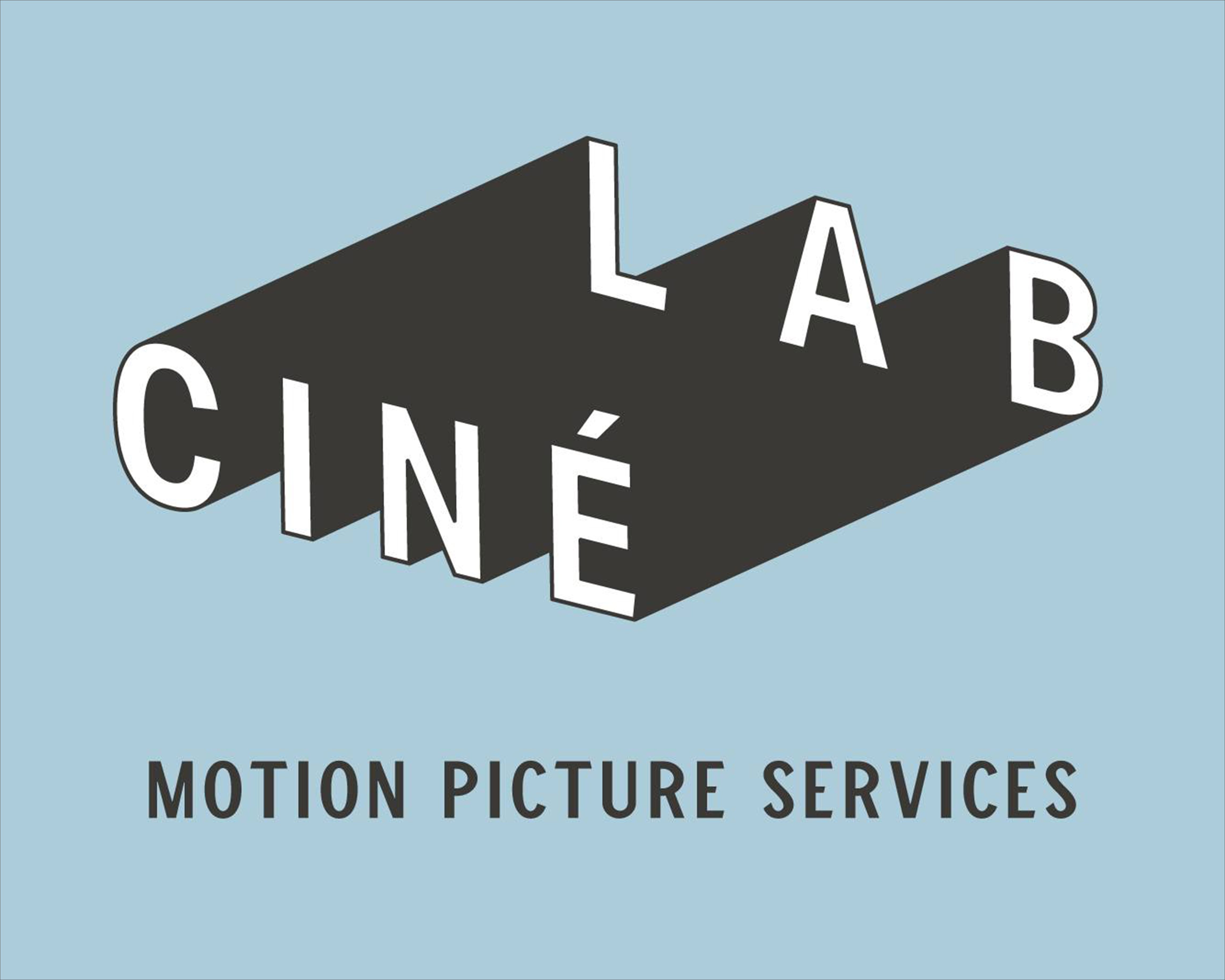R
Rauros
Guest
I'm not sure which forum to post this in, but I thought all you directors could help me with an idea for a short 5 minute student film.
I'll be shooting the film with a Bolex on tri-x film. And recording sound with a TCD5M cassette recorder. Also the editing will be done on on a Steenbeck. Yea, my film school uses some old equipement, but I kinda like that.
Anyways, just wanted to let you know what i'll be working with. The film has to be 4-5 minutes in length and I'm kinda stumped on what I want to film this semester. Was hoping that some of you who've gone through film school might be able to toss up some suggestions. My film school (the University of Wisconsin-Milwaukee) is more avant-garde than most, and prefers that we follow a more artistic route. So a narrative film isn't out of the question, its just frowned upon slightly.
So, any ideas?
I'll be shooting the film with a Bolex on tri-x film. And recording sound with a TCD5M cassette recorder. Also the editing will be done on on a Steenbeck. Yea, my film school uses some old equipement, but I kinda like that.
Anyways, just wanted to let you know what i'll be working with. The film has to be 4-5 minutes in length and I'm kinda stumped on what I want to film this semester. Was hoping that some of you who've gone through film school might be able to toss up some suggestions. My film school (the University of Wisconsin-Milwaukee) is more avant-garde than most, and prefers that we follow a more artistic route. So a narrative film isn't out of the question, its just frowned upon slightly.
So, any ideas?





